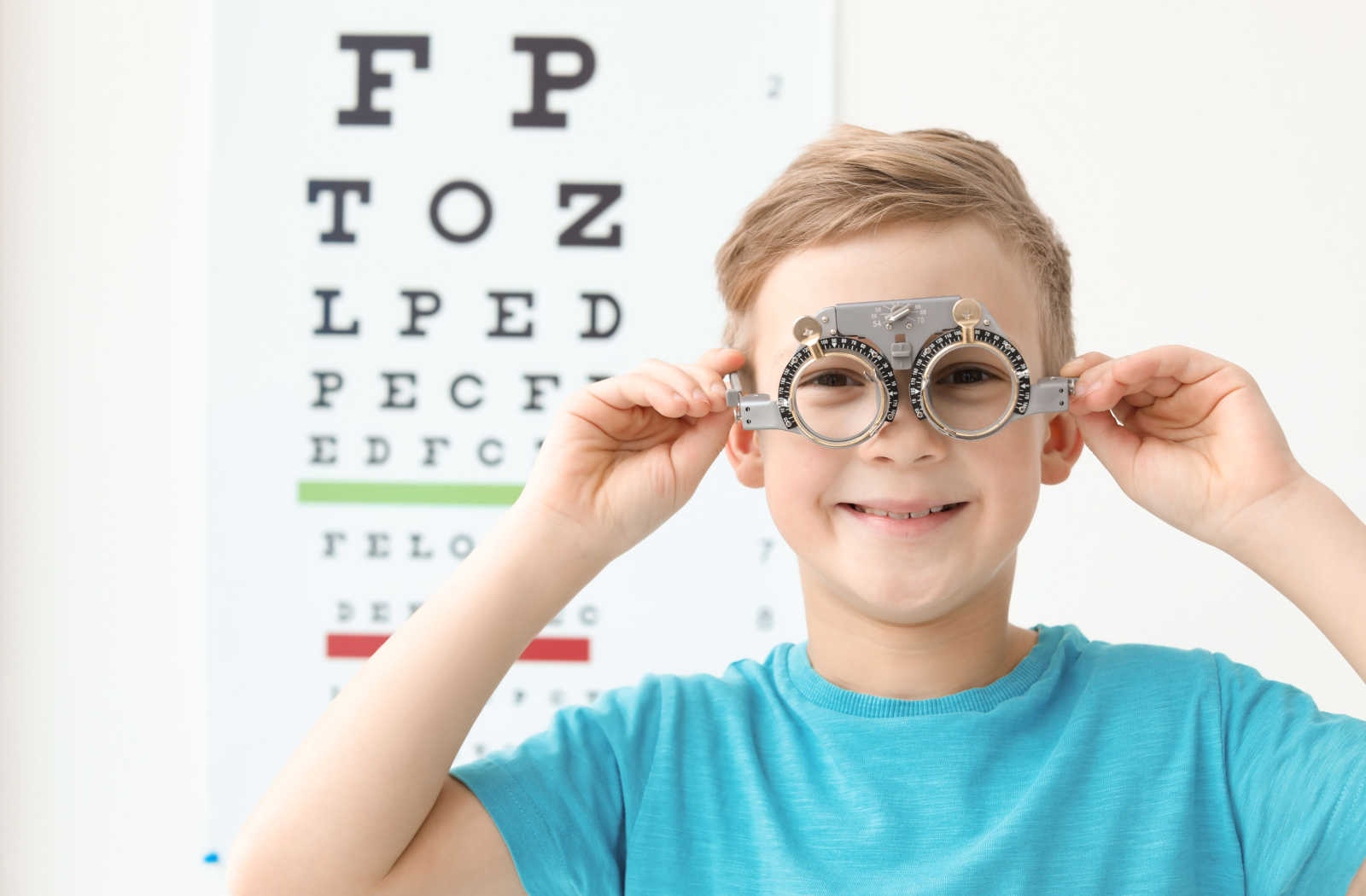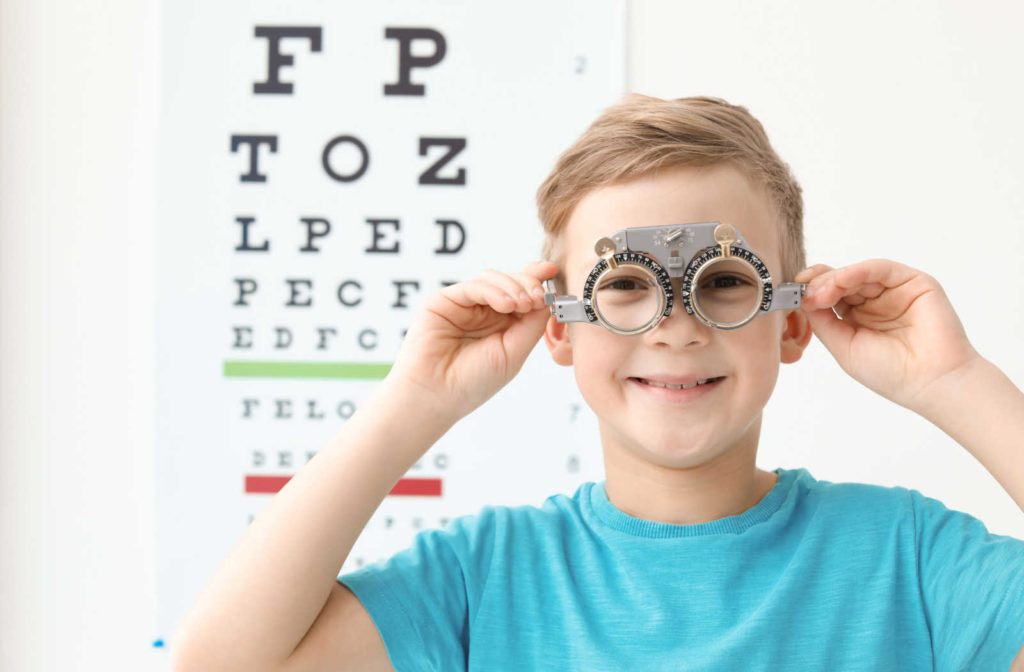Have you not had an eye exam in a while, and are wondering how much time it will take from your schedule? Comprehensive eye exams test your vision, update your prescription, and check for eye diseases. So the length of an eye exam usually depends on what you’re needing to get done.
Depending on the type of exam you need—adult and senior, children’s, or a contact lens exam:
Please allow up to 90 minutes (120 minutes if dilated) for your appointment and to select eyewear. Your testing prior to seeing the doctor may take 20-30 minutes (usually you will be going in with the doctor about 30 minutes after your scheduled appointment). The length of time can vary based on the tests performed, individual needs, and your risk of developing eye problems.
Importance of Eye Exams
They say the eyes are your window to the world. We say eye exams are windows that provide clues about your ocular and overall health.
Some vision problems have no noticeable signs, and some only develop symptoms gradually or in late stages. For these reasons, eye exams are crucial to help detect eye issues in their earliest stage. And with prompt treatment, you can preserve your vision and eye health for longer.
Other benefits of eye exams include:
- Prescriptions updates
- Contact lens fittings
- Treatment recommendations
How Often Do You Need an Eye Exam?
The American Optometric Association recommends the following eye examination frequency:
- One eye exam between 6 and 12 months and between 3 and 5 years. We can recommend a pediatric specialist for patients under 6.
- One eye exam annually or as recommended from ages 6 to 17.
- One eye exam every year or as recommended for ages 18 to 60.
- Annual eye exams for ages 60 and over or as recommended.
Types of Eye Exams
There are several types of eye exams. The one you will have can depend on your age, visual needs, and eye health.
Adult & Senior Eye Exams
In an adult or senior eye exam, your optometrist will consider your medical and ocular history, medications you take, whether you wear glasses or contacts, and concerns. This eye exam can include, but is not limited to, the following tests:
- Refraction test—determine how well you can see close up or far away and if you need some form of correction for a refractive error.
- Eye movement—checks the eye’s alignment and how well the eyes work independently and together. It also evaluates the muscles that control eye movement.
- Visual field test—this checks the extent of what you can see on the sides of your vision (peripheral) without moving your eyes.
- Depth of focus—testing your eyes’ ability to judge the distance between two objects.
Children’s Eye Exams
Your child’s learning and development occur mainly through their vision. Regular children’s eye exams ensure their vision is developing as it should.
Children’s eye exams can test the following:
- Examine the eyes’ structure, such as the retina, macula, and optic nerve.
- Visual acuity—checks clarity of vision by measuring a child’s ability to recognize numbers and letters from a specific distance.
- Binocular vision—or eye teaming checks if both eyes can work together in a coordinated way.
- Color vision—tests a child’s ability to differentiate colors.
Contact Lens Exam
Contact lens exams are different from regular eye exams. However, if you wear contact lenses, you will need to have both.
To ensure you get the right fit for your needs and lifestyle, your optometrist will:
- Measure your cornea’s curvature using keratometry.
- Test your tear quantity and quality for contact lens comfort.
A contact lens exam provides your contact lens prescription, a trial pair, and for first-time wearers, instructions on how to properly insert, remove and care for them.
How Long Do Eye Exams Usually Take?
Eye exams usually take up to 90 minutes (120 minutes if dilated) for appointment and to select eyewear. The length of time of your eye exam may vary due to the following:
- Tests performed by your optometrist. Additional tests may be required based on your symptoms or concerns.
- Your family history and if you’re at a higher risk of developing eye conditions.
- If this is your first time having an eye exam.
- If you’ve been diagnosed with an eye disease or condition.
- If you need eyeglasses or contact lenses.
Eye Exams That Fit Your Schedule
Providing the best eye care shouldn’t come with a time limit. But we know life can get busy.
Rest assured, when you book an appointment with Dr. Jennifer L. Shane & Associates, your eyes are in experienced and efficient hands.



